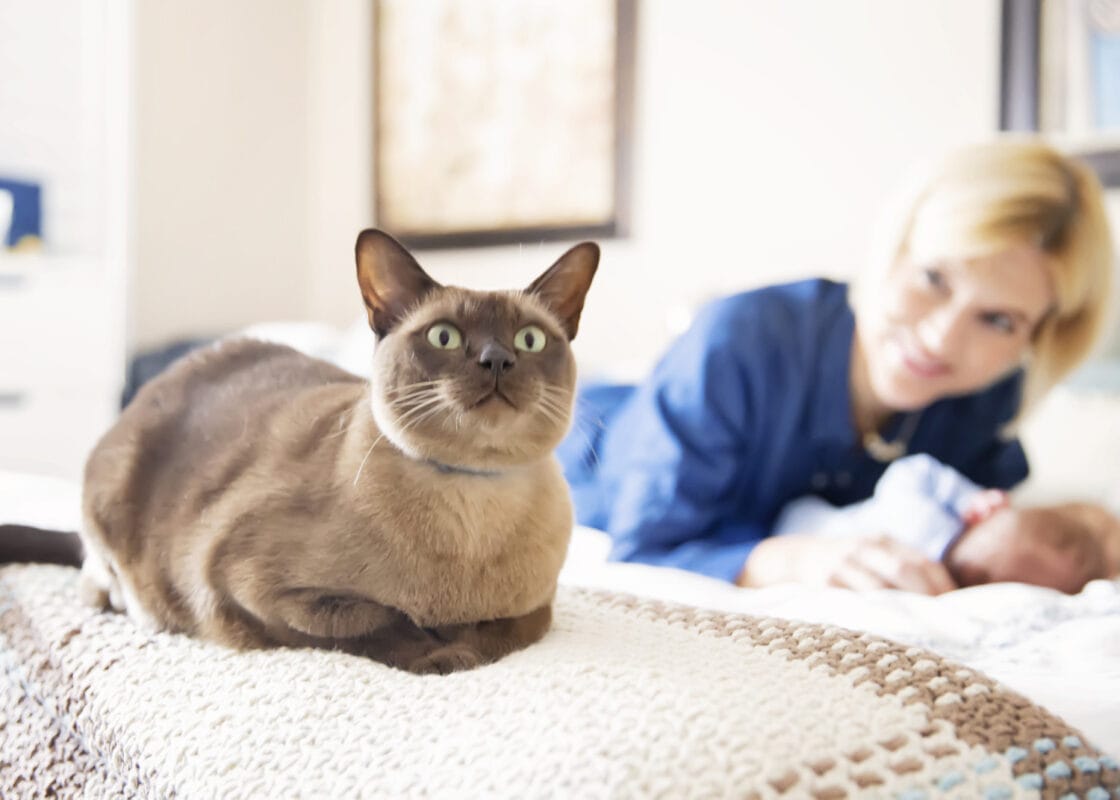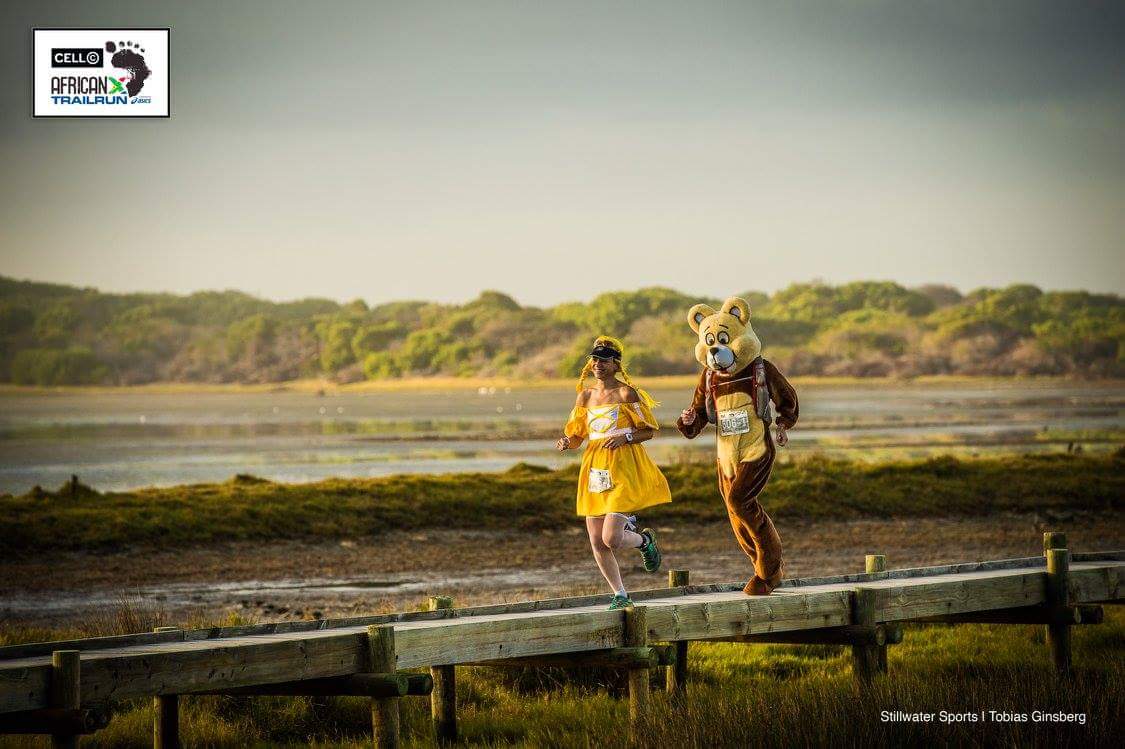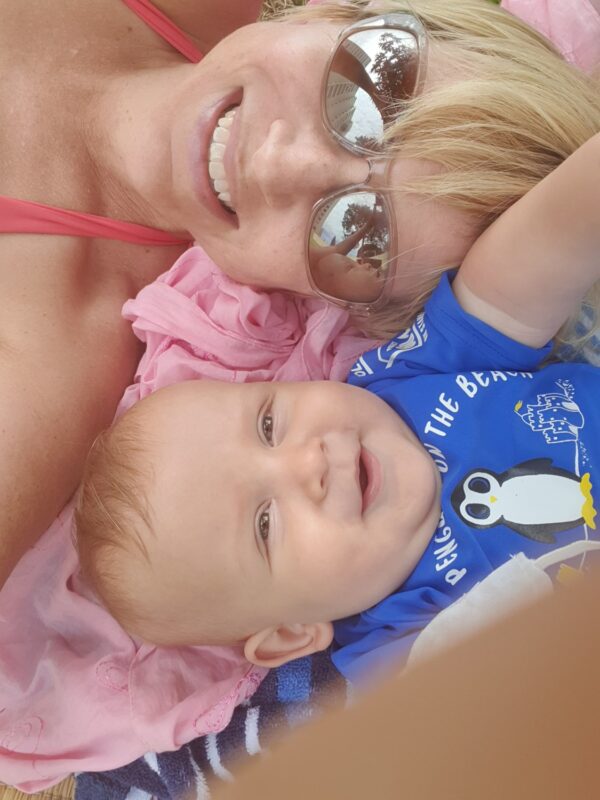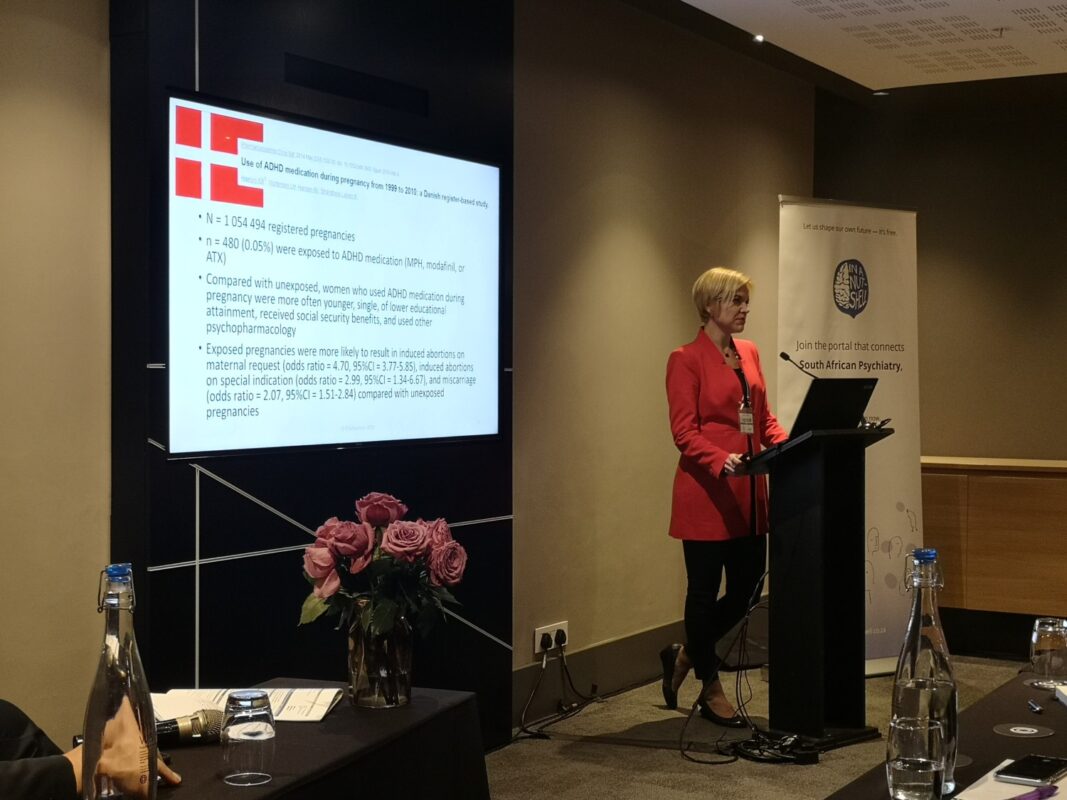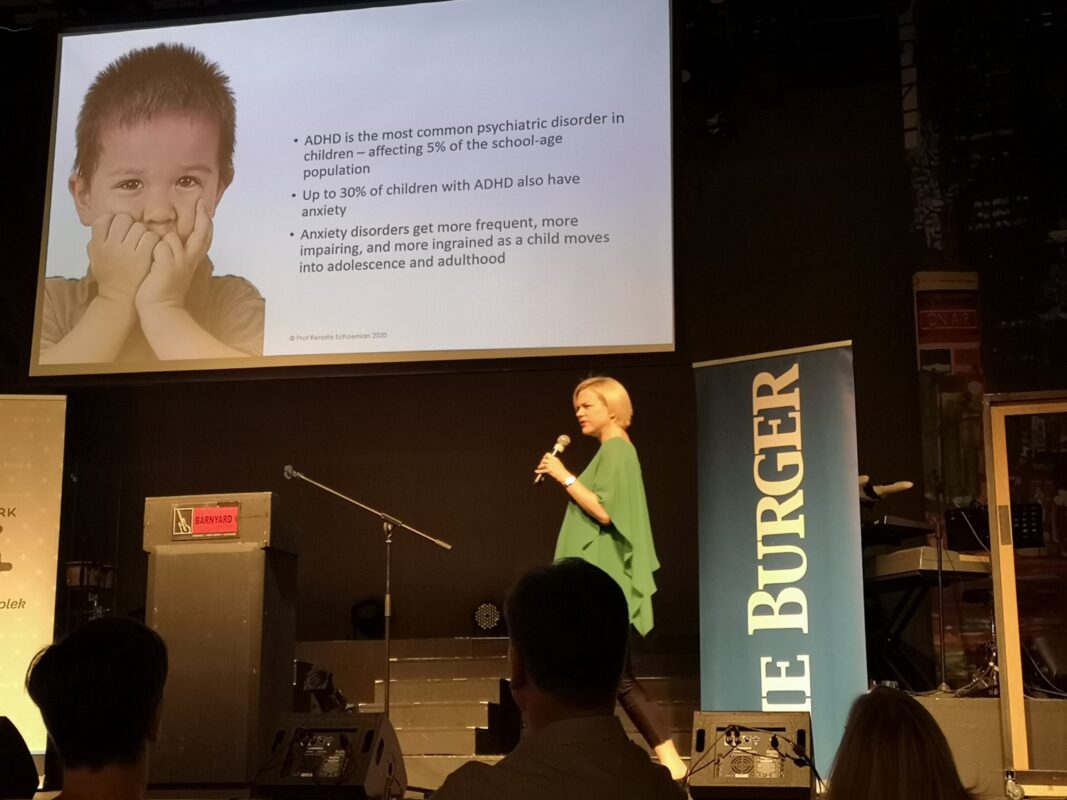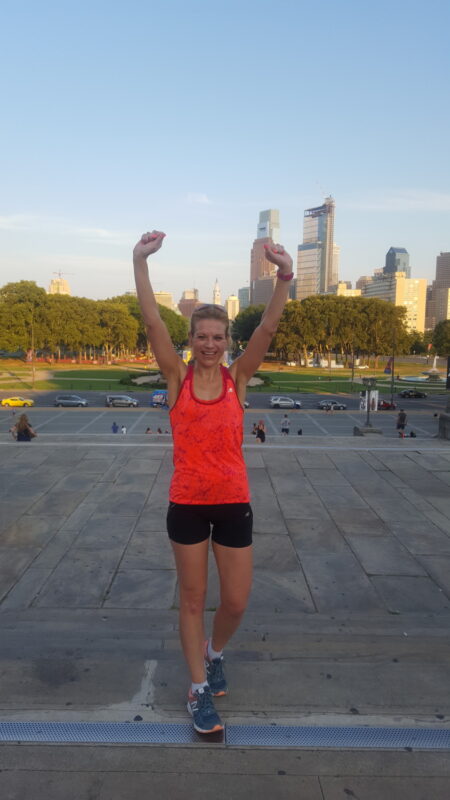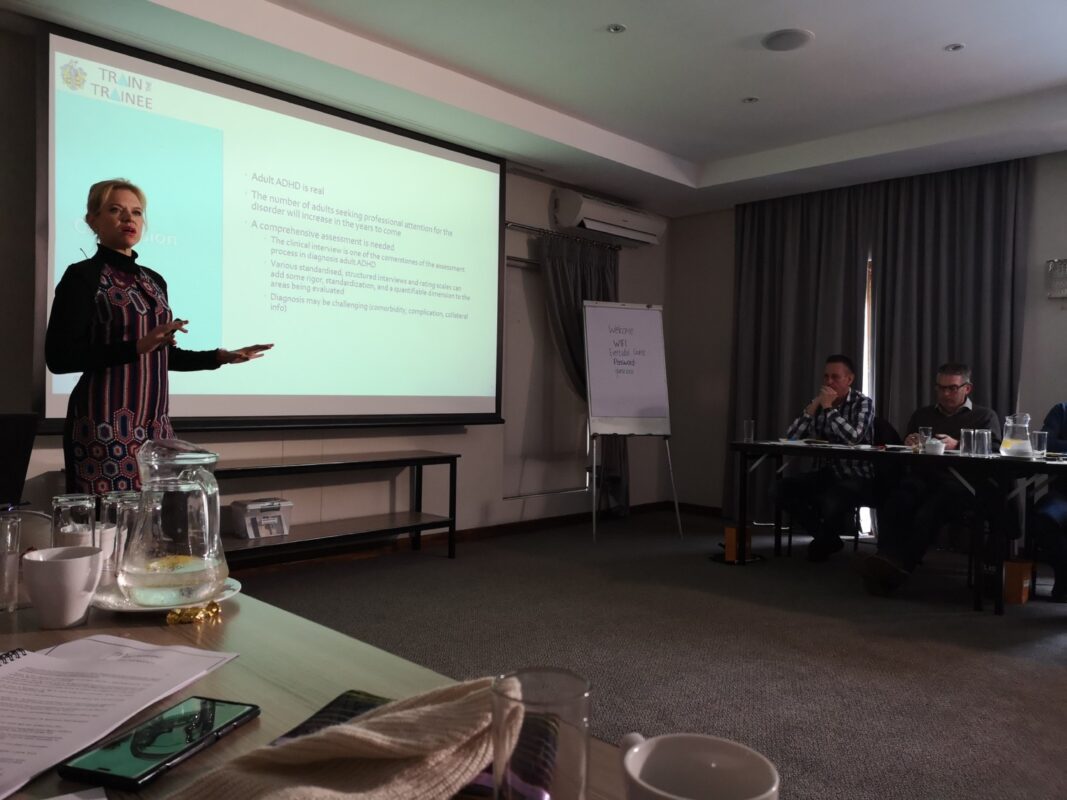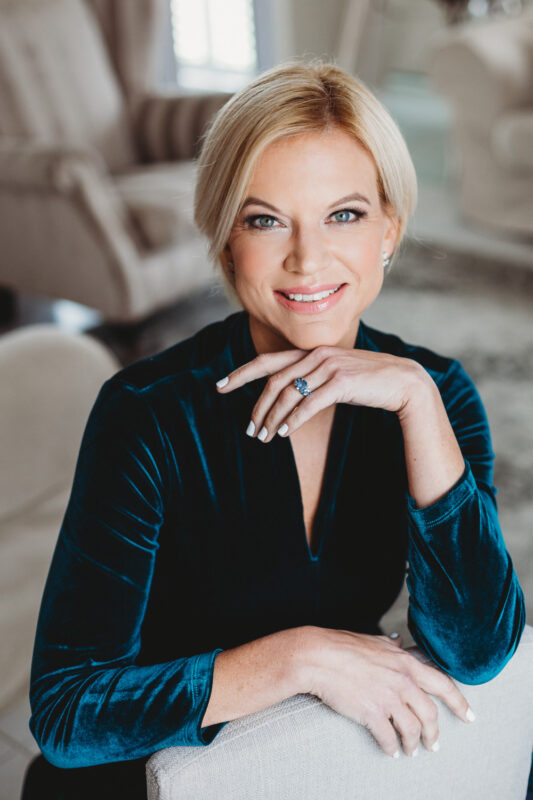MEET RENATA SCHOEMAN, PSYCHIATRIST, HEAD OF THE MBA IN HEALTHCARE LEADERSHIP AT THE UNIVERSITY OF STELLENBOSCH BUSINESS SCHOOL, CO-FOUNDER OF THE GOLDILOCKS, AND THE BEAR FOUNDATION, SHE HAS GOTTEN SEVERAL AWARDS FOR HER CONTRIBUTIONS TO SOCIETY, AS MENTAL HEALTH HERO BY THE DISCOVERY FOUNDATION, SHE SERVES ON THE ADVISORY BOARDS OF VARIOUS PHARMACEUTICAL COMPANIES, AS A DIRECTOR OF THE PSYCHIATRIC MANAGEMENT GROUP (PSYCHMG) AND IS THE CONVENOR OF THE SOUTH AFRICAN SOCIETY OF PSYCHIATRIST (SASOP).
Who is Renata Schoeman? Define yourself
I once was a girl with dreams – now I am a woman with vision, and more dreams! My core values are integrity, commitment, and compassion. Through tough years, my faith and perseverance have kept me going and now, when faced with challenges (which I prefer to call opportunities). I know I am resilient and have the courage to face the future optimistically.
I am always busy – in a good way. I seize every moment and am always embarking on new projects – both in work, but also in my personal life. Despite recently becoming a mother, I am still pursuing my professional and academic career, as well as hobbies such as crocheting, playing the harp, reading, gardening, and exercising daily.
“I do believe that my qualifications bring a very varied and well-rounded outlook on life. And…no one can ever take knowledge away from you”
How were you as a kid?
I was a very independent child and still detest being micromanaged. I also firmly refuse to micromanage others! I was a busy, talkative, happy, and creative child – often posing a challenge to the status quo and teachers. No-one ever had enough answers to all the “why’s”. I was always self-driven and achieved well academically, culturally, and socially. I was not the most gifted on the sports field though… I was (and am) a bookworm and my hunger for information never stills. One of my first reports in kindergarten said “Renata is a really little leader. She loves to play but is not very fond of tidying up”. Clearly this had a significant impact, as I am now super organized and love to tidy up and organize things (even people’s minds!). I loved being outside in nature (still do). I consider myself an introvert, but perhaps a more amp description would be that I am an ambivert. We did not grow up privileged at all and learned to appreciate whatever you have. Since young, I had a thing about “fairness” and find myself still fighting others’ battles to better their lives.
You practice as a general psychiatrist (child, adolescent, and adult psychiatry) You hold a lot of titles MBChB, MSocSc, MMed, FC Psych, Ph.D., MBA, PGDipFS, why did you choose those courses of study?
While at school, I have considered various careers: from being a teacher, to a veterinarian, an architect, a chemical engineer…. Career counselling was futile, as I was told “you can go and do anything”. So, I ended up applying for various courses and was selected to do Medicine. My parents also did not have the finances to send me to a university and I was lucky enough to receive a bursary for my studies. I cannot say I enjoyed the first couple of theoretical years, but once we started to work with patients, things changed. I loved the interaction and the meaningful connections. In my third year of Medicine, we were introduced to Psychology and I absolutely loved it. I then applied for special permission to study Psychology parallel to Medicine (I went on to obtain both my honors and masters’ degrees in Psychology).
“Success is about being consistent. Consistent hard Work leads to success – and greatness will come”
After I have completed my Medical degree, I did my internship and community service and worked as a general practitioner. However, since my 4th year in medical school, I really enjoyed Psychiatry. I eventually, after the death of my father (I was the doctor on duty – and was unable to resuscitate him) decided to leave general practice and do my specialization in Psychiatry. I had to move a 1000km away from my hometown and family. It was a huge adjustment, but it paid off. I qualified as a specialist psychiatrist in 2006, and then secured several bursaries and fellowships to pursue my PhD. During this time, I also had the privilege to complete some courses (Harvard-affiliated, Boston), and received an award from the American Psychiatric Association as a “Young Mind in Psychiatry”. I completed my PhD in 2010, while at the same time building a private practice as specialist. In 2013 I have started with my MBA – which I still deem my most enjoyable degree. I completed it in 2015 (doing it part time, while working full time!). After a small academic hiatus, I did my Post Graduate Diploma IN Futures Studies – purely for enjoyment and stimulation. Every time I say – “now I am done”. But never say never! I am currently busy with a Dutch course and have also resumed my harp lessons. But my current biggest learning curve is my “MA’ (“mother”) degree!
I have a passion for neuroscience – which is the binding factor in my medical and social degrees, while my passion for making a difference and having an impact are manifesting in me pursuing the MBA and Futures Studies. I do believe that my qualifications bring a very varied and well-rounded outlook on life. And…no one can ever take knowledge away from you.
You hold appointments as an associate professor in Leadership (USB), as head of the Healthcare Leadership MBA specialization stream, and as a virtual faculty member of USB Executive Development’s Neuroleadership program. You serve on the advisory boards of various pharmaceutical companies, as a director of the Psychiatric Management Group (PsychMG) and is the convenor of the South African Society of Psychiatrist (SASOP), co-founder of the Goldilocks and The Bear Foundation, what´s the recipe for your success?
I have always strived to live a balanced life and to develop my talents to the fullest. I make the most of every moment of the day and really plan my days, my weeks, my months. If you do not plan, you do not execute. I do believe my track record is speaking for itself. This inspires trust in others. Recently I was appointed as an associated editor of a journal. In the interview, the editor told me “he has been watching me for years and realized if you want something to be done successfully and with passion, give it to Renata”. This was a huge compliment. At the same time, you need to be prepared to put in the hours – you aren’t necessarily going to be able to relax every weekend – and you need to be accountable and responsible. Success is about being consistent. Consistent hard Work leads to success – and greatness Will come. You create your own future. If two people have the same opportunities, it is up to you to make the most of it and to put in the effort.
“For many of us, instead of mastering technology, technology has become the master. Research clearly shows that high media multitasking and excessive screen time exposure reduce our ability to concentrate, impair our working memory and quality of sleep, and even can contribute to negative moods”
You have a special interest in eating disorders (anorexia, bulimia, binge eating, and obesity), mood disorders, and anxiety disorders. From your experience on the subject, what is the root of eating disorders?
Many has been written about the biological and psychological causes of eating disorders – such as traumatic sexual experiences, controlling and critical parents, etc. However, none of this is generalizable. Often (for both under-and overweight type disorders) I find that there are underlying unaddressed anxiety or depression, and at other times it is really born from misperceptions about health and a healthy lifestyle. However, the “ideal” as currently portrayed in the media, is often unattainable and do create a lot of body anxiety and self-hatred. I do hope for more responsibility in the media, and healthier role models!
Do you think access to social media, all technology foster lack of attention, concentration, learning, and memory, especially in the young generations? Yes or no and why?
Technology is supposed to assist us and improve our functioning. Unfortunately, for many of us, instead of mastering technology, technology has become the master. Research clearly shows that high media multitasking and excessive screen time exposure reduce our ability to concentrate, impair our working memory and quality of sleep, and even can contribute to negative moods. Furthermore, people became so used to “googling” the answer, that we stopped practicing reasoning and problem solving. A whole culture of instant gratification has emerged. However, if we do acquire the skills to use technology successfully and responsibly to our advantage, it is a huge lever for productivity and success.
You have gotten some several awards for your contributions to society, during 2018 the Goldilocks and The Bear Foundation received the SASOP Award for Community Service. In both 2018 and 2019, you received the Media Excellence Award as Thought Leader, while in 2019 you also received the Media Excellence Award as Newsmaker from the University of Stellenbosch. You were also honored as a Mental Health Hero by the Discovery Foundation during 2019, what does it drive you?
To apply my skills for the betterment of society has always been a priority in my life and since. I strongly believe in personal development, I find great pleasure in assisting others on their journey to a fulfilling life. My strong interpersonal and communication abilities complement my effective listening skills and assist with win-win negotiation skills and public speaking. My analytical and creative capabilities are key drivers in optimal time and resource management and to deliver thought-provoking concepts as a presenter and lecturer. I am passionate about corporate mental health awareness and believe in a holistic (bio-psycho-social) approach to enable individuals and teams to rise to their full potential. I enjoy being involved in student supervision and development, various collaborative research and developmental projects, training of general practitioners and peers, community lectures, and corporate consulting. I am also an advocate for the improvement of mental health services, and specifically to address the mental health barriers to education.
“I have learned that men do respect you in your own right if you assert yourself through knowledge, logic, and professionalism, instead of “demands”.
Do you have any philosophy that guides your career decisions?
My values (integrity, commitment, and compassion) influence my career and personal decisions. I also strongly associate with the following two quotes:
“My mission in life is not merely to survive, but to thrive; and to do so with some passion, some compassion, some humor, and some style. (Maya Angelou)
“If your actions inspire others to dream more, learn more, do more, and become more, then you are a leader” (John Quincy)
What does a normal workday look like for you?
I have to smile a bit here, as my current situation (having a 10-month-old baby) significantly changed my routine! However, a normal (pre-baby) workday would be:
04:30 wake up, time for devotion and reflection, coffee, and a rusk, pack a way the dishes from the previous night, brush and feed my cat. 05:30 go for a run/gym, 07:00 breakfast and get ready for work, 08:00 hospital rounds, 09:00 -17:00 consulting with patients/students, lecturing, meetings, etc. 17:00-19:00 unwind, domestic chores, prepare dinner. 19:00 admin time (emails, reports, etc.) 20:00-23:00 academic time, preparing for presentations, etc. 23:30 bedtime
On weekends I still train early morning (longer runs) and would put in a work session until 12:00 on Saturday. But from 12:00 on Saturday till 17:00 on Sunday, I try to recharge – with family and friends, my hobbies, etc. 17:00 on a Sunday I plan my week ahead and prepare for Monday, but by 19:30 I prefer to unwind, read, or sew and breathe. With my little one, my evening routine now consists of…being a mom! I am still breastfeeding, so sleeping is also significantly more disrupted. However, my prework routine and exercise are still in place – I now have company and a pram on my runs!
What do you love most about your job? & what is the most difficult part?
I definitely love my “portfolio career” and the variety it brings the most. No two patients’ stories are the same. And I learn so much from my students and everyone I interact with. The mind and brain will always fascinate me. It is so satisfying when someone’s quality of life improves due to their contact with you – and the trust they have in you for treating/ coaching/ mentoring them. The most difficult part is most likely that you are seldom completely “off duty”. You are always available in case of an emergency. And at least once a week, you tend to lie awake thinking about someone’s story that really affected you significantly on an emotional level. Working for myself, and not having the “luxury of a salary and taking leave is always sometimes difficult. You do feel “guilty” taking time off, when you know there is a waiting list of people who want to see you and who perhaps you could have assisted earlier.
“If someone tries to plant a seed of doubt, do not water it! Believe in your dreams and believe in yourself “
What is one strategy that has helped you to grow in your professional ladder?
It is difficult to single out one specific strategy. Being consistent, always setting “stretch goals”, not being shy to offer when someone is asking for a volunteer to do something (even if it is out of your comfort zone) have always helped me to grow. Also, “my yes is my yes, and my no is my no” – I am dependable and trustworthy. I am never scared to acknowledge that I do not know something or do not know the answer – but I am always willing to ask/consult/or go and research and find out! I think having a “God complex” is dangerous. Finally, taking care of myself and my relationships, has kept me grounded and definitely helps with resilience and stress management.
Covid-19 has caused many people to get depressed or even teenagers have killed themselves all over the world, what would you recommend us to keep our mental health during these challenging times?
I would like to share with you an acronym I use: The SEEDSS of selfcare
S: sleeping – regularly and enough
E: exercise – at least 5x/week for at least 30minutes (I am committed to exercising daily)
E: educate – stimulate your brain (new knowledge and experiences)
D: diet – Mediterranean, and limit alcohol intake (and avoid ALL drugs)
S: socialize – nurture your relationships (even if via an online platform now)
S: spirituality – this does not have to be formal religion, but at least meditate and reflect on a bigger power and purpose in your life
Furthermore, manage technology – do not let it be your master. Set your boundaries – in terms of working hours, how many Zoom meetings you are prepared to participate in per day, your role as a partner/parent/employer/employee while working from home.
What do you like to do in your spare time?
I love to crochet and quilt, play my harp, run/exercise, be outside in nature (long walks or gardening), reading, and I love cooking, baking, AND eating!
Many authors say women can and must strive to have everything – a shining career, a blossoming family life and a perfectly balanced lifestyle all at once, others point out that– then women are placing unrealistic expectations on themselves if they believe they can have it all, I don´t know if you are married and have kids, so according to your experience, what do you think about these statements?
I prefer not to use the word “balanced”, but rather “integrated. We all can have an “integrated” life according to what we aspire to or prefer. But it takes organizing, planning and commitment! Due to health reasons, having a baby was postponed to “very late” in our lives. It was very difficult to “stay behind” when my friends and peers started their families. At the same time, I was in the position where I could really work on my academic and professional career. Now, their children have left home, while I have just started being a mom! I am now older, have more realistic expectations of myself, and I have an established career, while many of my friends now feel “they were left behind” and have “sacrificed” their careers for their families. I do not believe it is a matter of “choosing the one or the other”. Both have pros and cons. However, it is important to be kind to yourself – I am doing the best I can – but by no means, everything I do will be perfect!
What are your plans for the future?
In my professional career I would love to create more time for research and academic writing and publication. I also would love to follow up on my first book (“All of these things are important to me”) with similar books destigmatizing mental health illnesses. I want to grow the Goldilocks and The Bear Foundation and roll out the program nationally, and even later in our neighboring countries in Africa. I am dreaming about a series of programs on mental health issues – either radio, tv or online…
In my personal life, I hope to raise a kind and well-(g)rounded boy. I also would love to be pre-pregnancy fit again and shave some time of my marathon time (currently my PB is 3:22).
“Never take your health or current situation for granted. Always remain grateful and humble. Be optimistic and surround yourself with people who energize you – declutter your life from negativity”
There is still the glass ceiling for women in the world: Fewer opportunities, jobs underpaid just for that fact of being a woman, etc. Have you experimented with the glass ceiling? If yes, what are the biggest challenges you have faced and how have you overcome them?
I am challenging the “glass ceiling” concept. I tend to believe it is more the “sticky floor” … We as women underestimate ourselves and our power. I am also not a feminist. I do want equal opportunities, but I do not want to be treated “the same”. We as women bring such a different dimension to any (professional) environment. Why not embrace these differences? I often do find myself still in male dominant environments (by the nature of my profession), but I have learned that men do respect you in your own right if you assert yourself through knowledge, logic, and professionalism, instead of “demands”. I have once been in a situation (a meeting between the Foundation and the Department of Health, where a male person blatantly refused to meet with me on the grounds of my gender and skin color). However, instead of turning this into a war zone, a male colleague is now managing these meetings – I can use my time more constructively.
What tips, can you give to young girls who want to become Psychiatrists like you?
To become a psychiatrist, you first need to become a medical doctor, and then specialize in Psychiatry. It is a long road and studying while working is not always easy. It is important that you make the right subject choices at school (mathematics, science, and biology) and that you learn from a young age to be committed and persevere, to nurture yourself and your relationships, and to seize every moment of the day. Identify and connect with role models and mentors. If someone tries to plant a seed of doubt, do not water it! Believe in your dreams and believe in yourself.
I think in your position, many people may have the wrong idea of who you are, and what do you (professionally), with this idea in mind, what is being Renata and what´s not?
People most likely think I am a driven career woman, who always work! They may also think you earn loads of money and due to being successful, that life is easy. Neither of these are true. Being a career woman is also a small part of who I am. I am also a daughter, a mother, a partner, a friend… Also, being strong, independent, and successful, does not mean you are “hard”. I remain vulnerable and sensitive. You do get hurt by words and actions of people. And you also need a helping hand, a willing ear, sometimes a shoulder to cry on, and a hug!
Who is the woman you admire the most and why?
This is always a tricky one for me to have to choose one! Let me qualify:
- The wife of noble character (Proverbs 31). You need to read and interpret this in the modern context, not as a subservient wife to a husband. But as a well-rounded, hard-working, and compassionate woman.
- The Biblical Ruth. Ruth is an example of someone with audacious integrity, steadfast faithfulness, and extreme commitment as well as great resourcefulness, humility and many more.
- Maya Angelou. Her wisdom and quotes.
- My mother. She is well-balanced, hard-working, and well-loved. She absolutely treasures her friendships, and she is the one person that laid the foundation and created the environment for me in which I could develop – despite huge environmental and personal challenges. I hope to be as healthy and active as she is when I reach her age!
- Two of my colleagues became friends and mentors through the years. Both strong women, who know love and loss, but this brought them compassion and kindness, instead of the easy bitterness that sometimes follow.
What else do you want to add or share with us?
Never take your health or current situation for granted. Always remain grateful and humble. Be optimistic and surround yourself with people who energize you – declutter your life from negativity. Then I have to rules that help me being productive and optimize my time: “if it can be done in one minute, do it NOW” (i.e., do not procrastinate) and “fifteen minutes is not too short to do something” (keep yourself constructively busy – do not waste time on e.g., social media if you could have read a book, called a friend, or exercise).
Name: Renata Schoeman
Sector: Mental health
Company: Prof Renata Schoeman
Designation: Psychiatrist, Head of the MBA in Healthcare Leadership at the University of Stellenbosch Business School, Co-founder of the Goldilocks, and The Bear Foundation
Country: South Africa
Social media:
https://www.linkedin.com/in/renata-schoeman-0816544/



